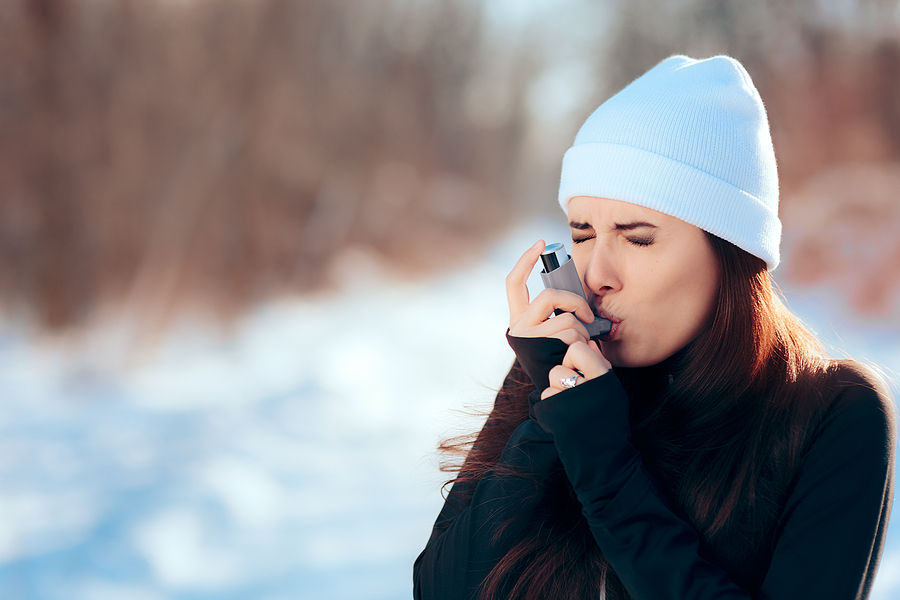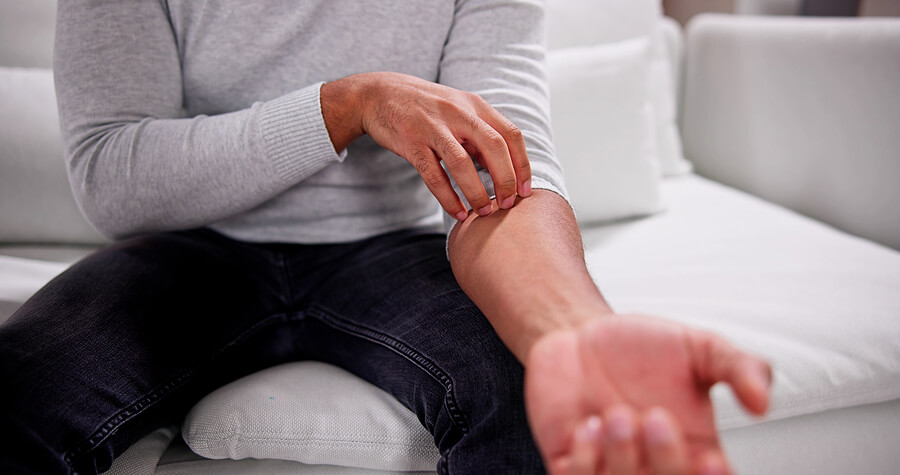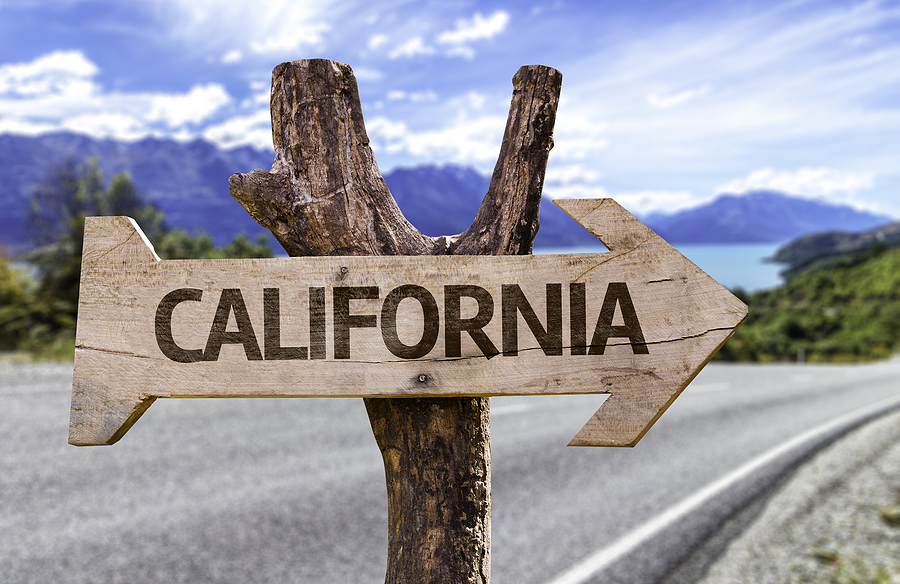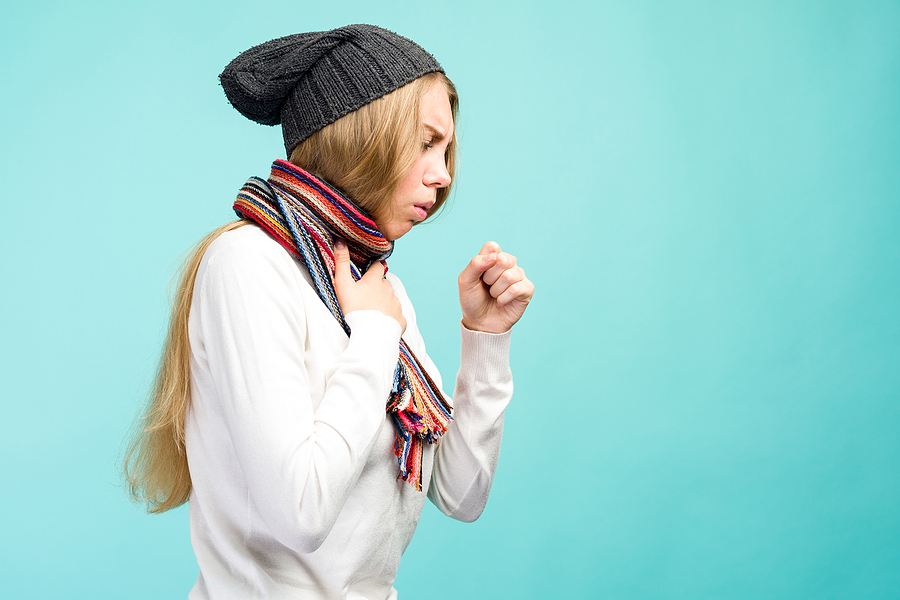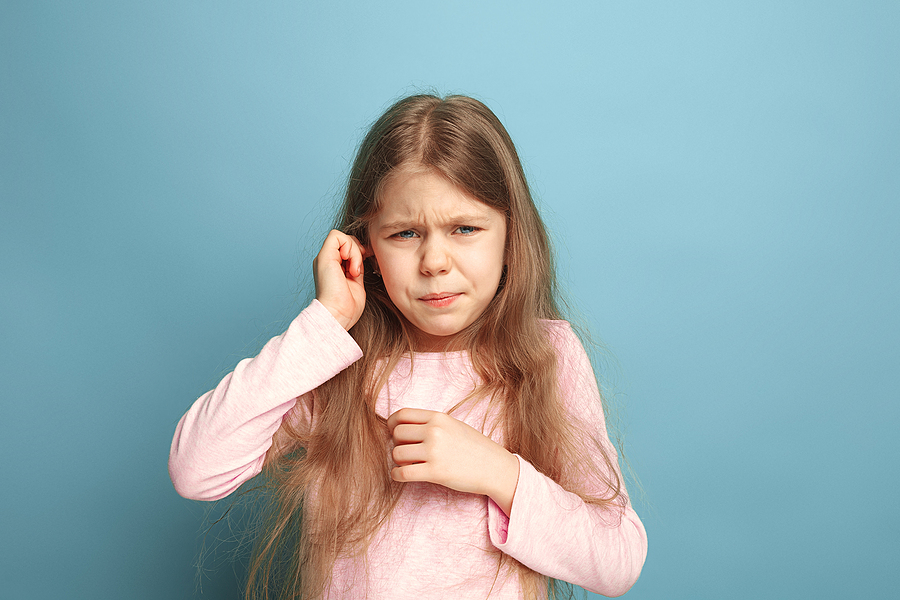Traveling With Allergies: A Practical Patient Guide
Posted By:SSG Admin Posted On:29-Sep-2025
A survey of more than 4,700 allergy sufferers found that 7 out of 10 travelers didn’t feel their allergy requests were followed. Because of this, an alarming 98% of travelers with food allergies report feeling anxious when traveling by air. This leads to about 31% failing to tell an airline about their food allergy. That’s not advised.
You’re eager for your upcoming trip, but you worry about your allergies keeping you from having a great time. You don’t want to be a burden. Allergies do not have to keep you from seeing the world. Our guide for patients who are traveling helps you understand how to be prepared and have a great trip.
Alert Your Doctor
As soon as you book your vacation, talk to your doctor. Schedule an appointment for a week or two before your departure date. Make sure your symptoms are well-managed with whatever medication you use.
Verify that you have enough pills, doses in your EpiPen, or a full inhaler that will last for the duration of your vacation. If not, ask for a new prescription and order them so that they’re ready to pick up before you leave.
Research Possible Allergens at Your Destination
When you know where you’re going and where you’re staying, look for the allergens that are in that area. If you’re allergic to bee stings and your hotel is next door to a bee farm, you stand a higher chance of getting stung. A hotel on the opposite side of town is a better choice.
You need to know what pollen, insects, or environmental concerns are abundant. You also need to see when they’re at their highest counts. Someone with asthma won’t want to travel to California’s southern regions during peak wildfire season (late summer through fall).
In addition to the allergens that you may encounter during your trip, look at the weather conditions. If you have a dust mite allergy, traveling in dry, sunny weather will be easier on your allergies.
Share When Appropriate
As you book hotels and research airfares, cruise packages, train rides, or rent a car, make sure you’re sharing your allergies with the company. If they cannot or hesitate to accommodate your allergy, choose a company that does.
Airlines known for being allergy-friendly often allow passengers to board early. This gives passengers a chance to fully clean their seats. Snacks and meals that are free of the allergen are provided, or passengers are permitted to bring their own meals and snacks for the flight. No airline can prevent all exposure to allergens due to the number of passengers, so you need to have medications available just in case.
When booking a hotel, look for establishments that offer PURE rooms. They often have HEPA filters in the ducts or standalone medical-grade air purifiers in every hotel room. Let the hotel staff know if you have allergies to certain cleaning products. You may be asked to bring your own towel to prevent any of their laundry products from causing atopic dermatitis.
Cruise lines also have allergy-friendly accommodations and special menus for people who have food allergies. They do request that you alert them to your allergies as far in advance as possible.
To avoid allergic reactions on a train, it’s up to you. Companies like Amtrak cannot guarantee an allergy-free ride, but they do allow you to bring your own food and snacks. Have medications available just in case.
When you have pet allergies, airlines, trains, and hotels are legally obligated to allow service animals. They can try to make sure you’re seated as far away as possible. This is why it’s important to let the company know and make sure you have your allergy medications available.
Any restaurants you eat at during your trip should be able to accommodate you. Tell your server or call ahead and ask when you make a reservation. Many chefs are happy to work with you to ensure there are meals you can eat.
It’s also a good idea to wear a medical alert bracelet or necklace that alerts medical professionals to your allergy conditions. Make sure anyone you’re traveling with understands your allergies, the most common symptoms you experience, and what to do if there’s an emergency.
Pack Wisely
Write out a checklist of the things you must have with you during your trip. Medications need to go in your carry-on bag, purse, or pocket. Don’t put them in your checked luggage. Our packing checklist should help.
1. Allergy-Friendly Supplies:
- Allergy-friendly foods
- Crib sheet to cover plane or train seats
- Disinfectant wipes and cleaning products
- Disposable gloves
- Hypoallergenic laundry detergents
- Hypoallergenic pillows and bedding
2. Medicines and Skin Care:
- Antihistamines
- Anti-inflammation topicals
- Epinephrine auto-injectors
- Hand sanitizer
- Hypoallergenic body washes, hair products, skin creams, and soap
- Inhalers
- Saline nasal spray
In addition to those items, bring anything you use regularly while dealing with your allergies. This may include face masks to limit your exposure to dust mites or pet dander in some areas.
You also should have a note from your doctor and your doctor’s contact information in your wallet in case it’s needed. Consider getting Food Allergy laminated cards that contain all information about your allergy, who your emergency contacts are, and how severe your allergy is.
Stay Hydrated
Whether you’re on a plane, train, or driving in your car, don’t forget to drink plenty of water. Proper hydration helps keep your mucus thin, which ensures it drains out of your sinuses effectively rather than getting too thick and creating congestion, pressure, and a possible sinus infection.
General guidelines have changed over the years. It used to be that people needed eight 8-ounce glasses of water per day. Recommendations now are based on activity levels and weight.
The typical recommendation is 2.7 liters for a woman and 3.7 liters for a man. If you feel thirsty, you’ve waited too long. Drink a small amount of water every hour and aim for pale yellow urine. If it’s dark, you need more water.
Know Where to Go If Symptoms Become Unmanageable
If you find your allergy meds are not working, go to a local allergist. There may be better medications or other solutions available. Your doctor isn’t a specialist on the specific pollens, insects, or environmental irritants where you’re going. Sometimes, it’s better to see a local allergist.
If you’re traveling to the Fresno area, ask your doctor for a referral to Premium Allergy & Respiratory Center or schedule a visit today. Dr. Sabry specializes in everything from food and environmental allergies to atopic dermatitis and asthma. Don’t cut your vacation short before seeing an allergist in Fresno.
